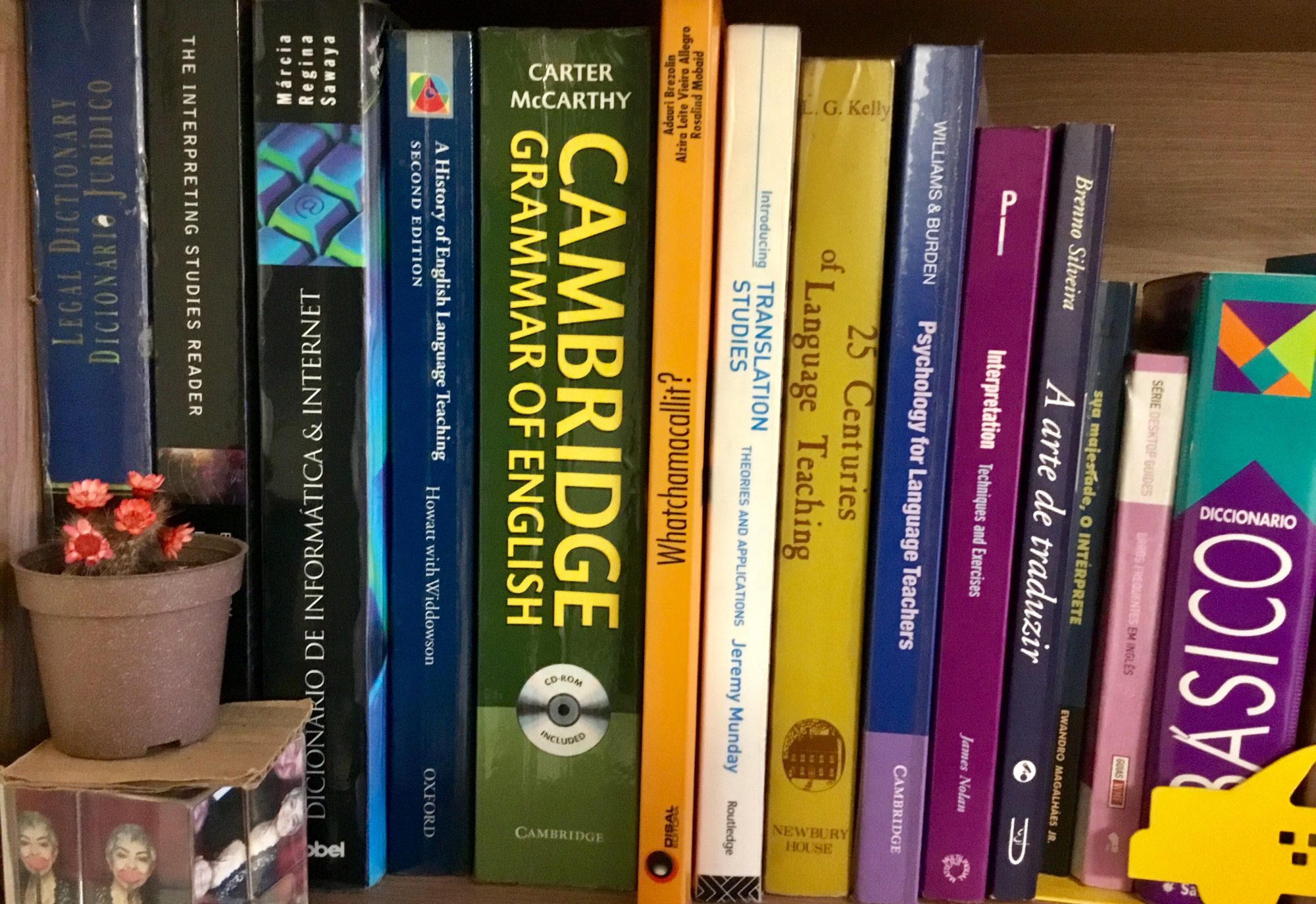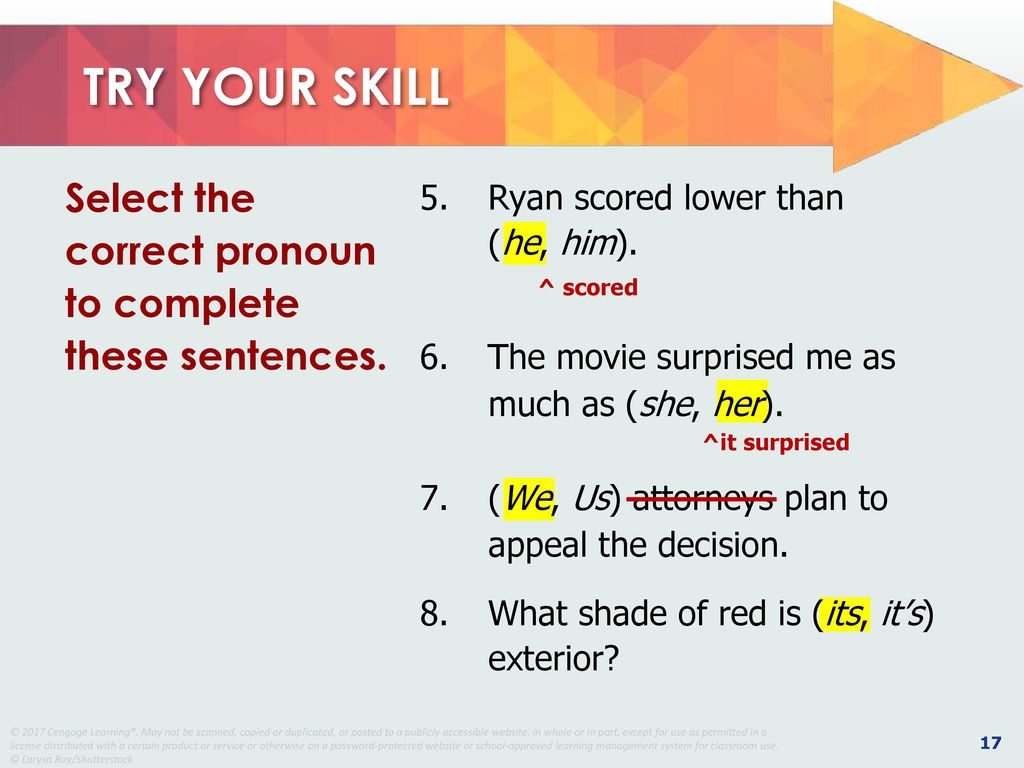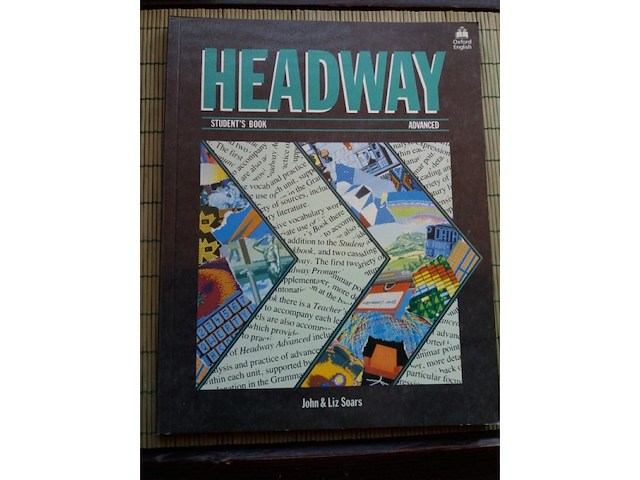Wikipedia will tell you that a parsnip is a “root vegetable closely related to carrot and parsley, all belonging to the flowering plant family Apiaceae. And well seasoned they might go well in a vegetable soup.
But what are PARSNIPS in the classroom?
PARSNIPS might just be the most ridiculous acronym you’ve ever come across but it actually stands for politics, alcohol, religion, sex, narcotics, -isms, and pork.
These refer to the so-called taboo topics in the EFL classroom. For decades these topics have been avoided in the EFL classroom. Not even that. They are “unmentionables”. Publishers won’t even mention their names as some news reporters and commentators did with Trump while he was in the White House. And he WAS a big parsnip.
You will never find a coursebook that even infers such a subject. This is because they may cause offense to sensitive students or they may not feel comfortable speaking about them. As a result of this belief, coursebook publishers generally won’t include any material related to these topics in their coursebooks, even though they make up a fair amount of our daily language.
In Brazil we traditionally considered taboo subjects in the classroom: politics, sports and religion.
I must confess that the first time I learned about this tasteless “vegetable” was during a seminar for language teachers back in São Paulo – some 10 plus years ago. Then a light came on: So true! None of the coursebooks I had ever used included those topics. Usually natural disasters, health and fitness, recycling, and Michael Jackson (yes, I still use some older books), even war (if it’s dating back to World War I, of course) may be more palatable (even though global warming and climate change can cause varying doses of anxiety). If you think about the juicy conversations and debates you have with your friends and family, and the stories you are likely to see on the news or in newspapers, they probably all revolve around a topic that has been deemed unacceptable for the EFL classroom. Never mind the fact that our students are probably having those same conversations outside the classroom in their own language!
Should we be talking about PARSNIPS in the EFL classroom?
The tide may be slowly changing -Pearson Longman published a book series called NorthStar using authentic texts and audio recordings from NPR programs with some subjects covering parsnips such as alcohol and drug addiction. And that was Unit 1. But by Unit 5 it was talking about something more inane as Feng Shui … but that’s a starting point. The book would even mention Sarajevo and the war in Europe still in our living memory (despite an even grander scale in Ukraine at the moment I’m writing this blog). Longman started with great current authentic materials with the series Consider the Issues, Face the Issues, and Raise the Issues
Now, I know that students don’t have a thick skin, it’s more like an eggshell so as a teacher we must tread with care and avoid bringing up topics that could be upsetting to our students or even make them uncomfortable. It is important that our learners feel safe and comfortable during the lessons or else they won’t participate in the activities or engage with the language. Asking them to speak about a topic they are not happy to do is a sure way to make them drop out of the course. But we also believe that you know your students and you can make a good decision regarding what is off-limits in the classroom based on that knowledge.
So, instead of using a blanket strategy for all coursebooks, why not raise awareness and empower teachers and students on the subjects they want to use in the language classroom? In this day and age when more and more language teaching programs are incorporated as CLIL content why still resort to this form of self-censorship?
Cheers,
Mo
(1) Source: https://www.theteflacademy.com/blog/2018/06/parsnips-in-the-efl-classroom/#:~:text=What%20are%20PARSNIPS%3F,topics%20in%20the%20EFL%20classroom.




























 Headway Advanced published in 1991
Headway Advanced published in 1991



